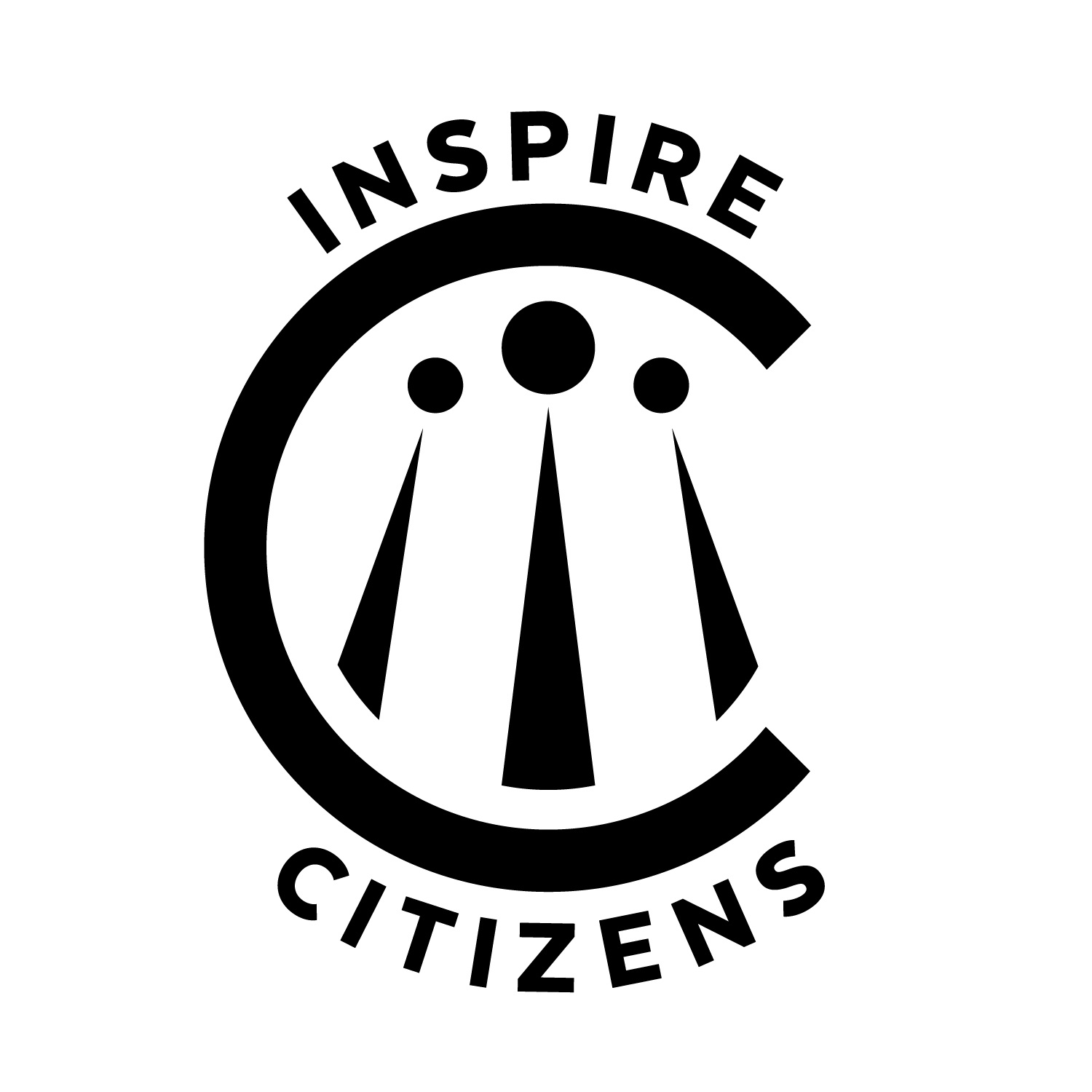Transforming Education through the Global Citizenship Certificate Program: A Journey of Hope
This graphic representation of a holistic global citizen is a foundational way of framing ideas in the Global Citizenship Certificate program.
By LeeAnne Lavender, Inspire Citizens Storyteller
As educators, our quest to inspire and empower our students often leads us on a path of continuous learning and self-improvement.
Last year, I embarked on a transformative journey that has profoundly impacted my thinking and teaching practice. The Global Citizenship Certificate (GCC) program by Inspire Citizens had been on my radar for some time and last year I decided it was time to dive in and experience the entire course. What transpired was a learning journey that has amplified my hope for the future.
The one-year GCC program is designed to equip educators with the knowledge, tools, and mindsets needed to encourage thoughtful, innovative, and engaged global citizens in our classrooms. Modules begin by asking educators to pause and reflect, thinking about how “the way out is in” when it comes to holistic global citizenship.
This first module really aligned with my experience. Most international educators work at busy schools where balance and wellness can feel elusive. As a yoga teacher and wellness practitioner, I am personally committed to balance (although I often fail to practice what I preach and burn the candle at both ends), and the first module of the GCC was like a big breathing exercise. I found myself thinking: slow down, breathe, focus on your breath, look inside, celebrate your strengths and dreams, connect to yourself… there’s a saying that “you can’t pour from an empty cup” and this is something teachers need to hear again and again. As global citizenship educators, it’s essential to make time to fill our cups by connecting with nature, engaging in self-care, and thinking about our values and priorities.
Can you tell that my GCC experience started on a lovely, bright note?
A reflection I posted in response to a poem and prompt in a GCC module.
One module of the GCC program that particularly resonated with me was about Futures Thinking. This module illuminated the powerful idea that we have agency to shape the future based on what we envision or desire. In the module, we explored visionary fiction and 2050 scenarios as well as some case studies of futurist educators and students. The module was creative, hopeful and imaginative and I felt invigorated by what I was learning.
This module infused me with hope for the possibility of a regenerative and sustainable future. For global citizenship educators, I think it can be easy to feel overwhelmed and even despondent about the state of our world, and this module countered those emotions in tangible ways. I am so grateful for what I learned in that part of the course.
The GCC program is a comprehensive journey that covers a wide range of thought-provoking modules. From exploring the role of happiness and nature in our future to understanding community, action, and justice, each module provides valuable insights and practical strategies. For example, "How to Engage with Data as a New Language" equips educators with tools to navigate the complex landscape of data and information in the digital age, empowering us and our students to think critically and make informed decisions.
One of the most transformative aspects of the GCC program is its emphasis on going beyond the Sustainable Development Goals (SDGs). While the SDGs are an important and helpful way of understanding urgent global issues, the GCC challenges educators to think deeper, exploring root causes and the interconnected nature of a variety of local and global issues. This holistic approach enables us to engage students in meaningful discussions and actions that address the underlying challenges facing our world.
In addition to the GCC, I have been spending time over the last few years reading academic articles about critical service learning and global citizenship education. The ideas I have encountered have stretched my understanding of what it means to educate young people in this space, and how to open up my own perceptions and thinking so I am more aware of my own biases as well as alternative ways of thinking and being. This learning made my GCC experience more poignant and impactful, and I felt I was able to move back and forth between macro and micro ways of thinking about what we do and how we can do this work better.
For anyone thinking about enrolling in the GCC, I heartily recommend it. You’ll meet a number of other passionate, like-minded educators and you will dig into numerous thought-provoking ideas. You’ll finish with a more nuanced understanding of your role and identity as a global citizenship educator.
One of my favourite aspects of the GCC was our Flip assignments at the end of each module. It was so nice to watch others’ videos and respond to each other with comments that led to rich discussions.




